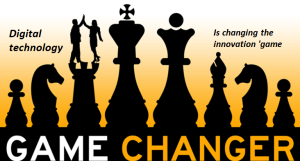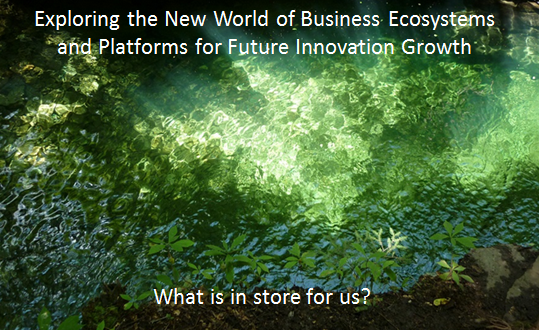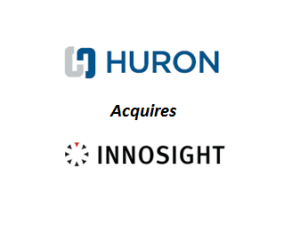 Let me summarize where we are today in design thinking. In the past couple of weeks, I have been spending a fair amount of time on investigating design thinking.
Let me summarize where we are today in design thinking. In the past couple of weeks, I have been spending a fair amount of time on investigating design thinking.
This is part one of my thoughts that came out of investigating and researching design thinking Part two link is here.
In these two posts, I want to provide my outcomes, bridging the present and pointing towards a better design thinking future, in my opinion urgently needed.
The ‘product of my work’ itself is presently being worked through to be available as an e-book in the coming weeks.
The intent of the e-book with a direct link here ( design-thinking-improving-potential-innovation) is to offer a practical, direct takeaway of design thinking, the present practices and where it is possibly heading. I tried to go linear, gone circular, gone holistic and at times ballistic and sought out tactical and strategic design, recognizing how its orientation has moved through product, service, experience, business model and lifting design into new ways of orientation at tactical and strategic levels.
As I found out from my research, there is an awful amount of “noise and hype” to work through to find the past, present and future positions of design thinking. In summary, I think design thinking is undergoing a revolution, a certain maturing but it is littered with a very messy, highly competitive present.
I am suggesting that perhaps design thinking is a current ‘burning platform’ and the term ‘design thinking’ is so loaded it might need to be reworked under different banners to allow it to evolve as it equally needs to be restated and deepened in its skills, practices, uses, and methodologies. Continue reading “The limitations, criticisms and new pathways for Design Thinking – Part One”








